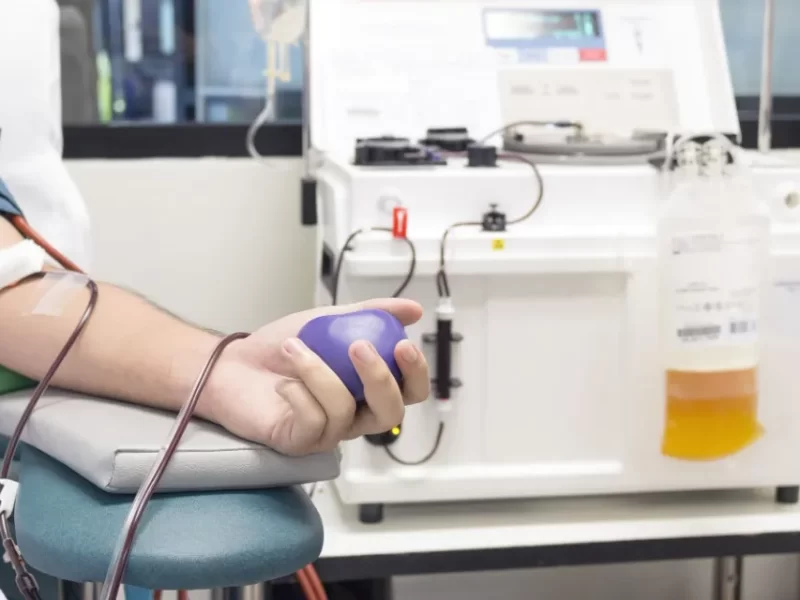What if you find your honey jar full of high fructose corn syrup? Or is the pricey extra virgin olive oil you’re using just cheap swill? If you knew the grapes you were eating were not truly organic, would you still eat them?
Business has struggled with fraud for a very long time. When trading food or ingredients for money, nutrition fraud is the term used to describe deliberate fraud or dishonesty.
To combat it and safeguard everyone, consumer education is required. Here are some recommendations that you can use to safeguard yourself against nutrition fraud.
What is Nutrition Fraud?
The term “nutrition fraud” refers to intentional and deliberate fraud on food for financial gain. That is, when a manufacturer tampers, substitutes, adds, or misrepresents food, food ingredients, or food packaging, or when they give you false information about a product.
Although the term “nutrition fraud” may be unfamiliar to some, the practices that fall under this category of fraud have long been known to a number of people. There are many examples but let me mention a few:
- Preserving food by mixing a toxic chemical into it even though you know it will harm your health. e.g. Fish or meat can be preserved longer by adding formalin.
- Substituting the ingredients in the food and deliberately labeling it something else
- Putting “fortified with Vitamin A” on something that wasn’t fortified.
- Killing dead animals and selling them as frozen meats
- Colouring dried shrimps (commonly called crayfish) with a dye and passing it off as high quality dried shrimps
- Manufacturing unprocessed soybean flour and selling it as well-processed.
- When your product’s sodium content is higher than recommended and your food label indicates a lower-than-recommended sodium content.
They are merely illustrative. While some of these behaviors are incredibly risky, increasing your risk of cancer and other diseases over time, others can result in malnutrition and even instant death.
All of these problems are meant to be controlled by the regulatory system, which also safeguards citizens from risks to their health. But our regulatory framework is weak.

Have you ever purchased a clearly fake or subpar food item and tried to locate the contact information only to discover that there is no such address? Or you do not even find a contact address on it? How come there are so many Micro Small and Medium Enterprises (MSMEs) producing food and food products locally, and some of them lack NAFDAC numbers or the SON mark? How can you safeguard yourself and others from falling victim to nutrition fraud, even if they do?
How to Protect Yourself from Nutrition Fraud?
Knowing the Bad Food Vendors
It is useful to be aware of the products connected to or involved with food fraud. That way, you can have the initiative to do some research about them yourself.
Additionally, you’ll be cautious of the suppliers of those foods to watch out for. You may find out that they’ve been involved with a scam before, which will help identify possible food frauds.
Fish and seafood fraud is by far the most frequent type of food fraud, according to the National Center for Food Protection and Defense database. Dairy products and oils are placed one after the other.
Eat and Cook Whole Foods More Often
All-natural ingredients, minimal processing, and other artificial additives are all examples of whole foods. In other words, anything with a minimal list of ingredients on the label, such as fresh fruits and vegetables.
The fewer ingredients a food has, the less chance that food fraud will occur. So that you can lessen your chances of falling victim to food fraud, try to cook and eat more whole foods.
Check Product Labels
A quality seal is the same as a government stamp of approval stating that a food item is of high quality. Customers can easily see them because they are frequently on the packaging. When purchasing food products, the majority of people do not, however, take this into consideration.
Don’t overlook this detail just because the other brand is cheaper, as it could literally spell the difference between being healthy and spending days confined in a hospital bed due to food poisoning.
Look for a quality seal that verifies the source of your purchases to be absolutely certain that it is an ethical company. Reputable brands and sources will have a seal that guarantees their quality and authenticity, even for new products. To familiarize yourself, be sure to do some research on the seal’s actual image as well.

Be Familiar With Nutrition Facts
Food products’ nutrition labels ought to include accurate information about the ingredients. Manufacturers are required by law to list every ingredient, chemical, and nutrient that is present in any of their food products.
Because they may have an impact on consumers’ health, it is crucial that brands be open about these issues. There are plenty of instances where a food product was recalled due to brands excluding certain ingredients or nutrient facts about them.
Knowing the nutrition facts of the typical food products you buy will help you defend yourself against food fraud. To determine whether the brand you’re considering has what it should and doesn’t have what it should, do some research on the nutrients or chemicals that are typically found in them.
Do Not Buy Low-priced Food
Know the difference between great discounts and prices that are “too good to be true.” Products that are being sold for absurdly low prices should raise suspicion.
A fair market price reflects quality and care, whereas products that are priced too low run the risk of being tampered with.
Conclusion
food nutrition fraud can disrupt the marketplace and be detrimental to consumer rights. Learn more about food fraud and nutrition to keep yourself safe. Be accountable for your own safety, and report fraud to aid in its eradication.



